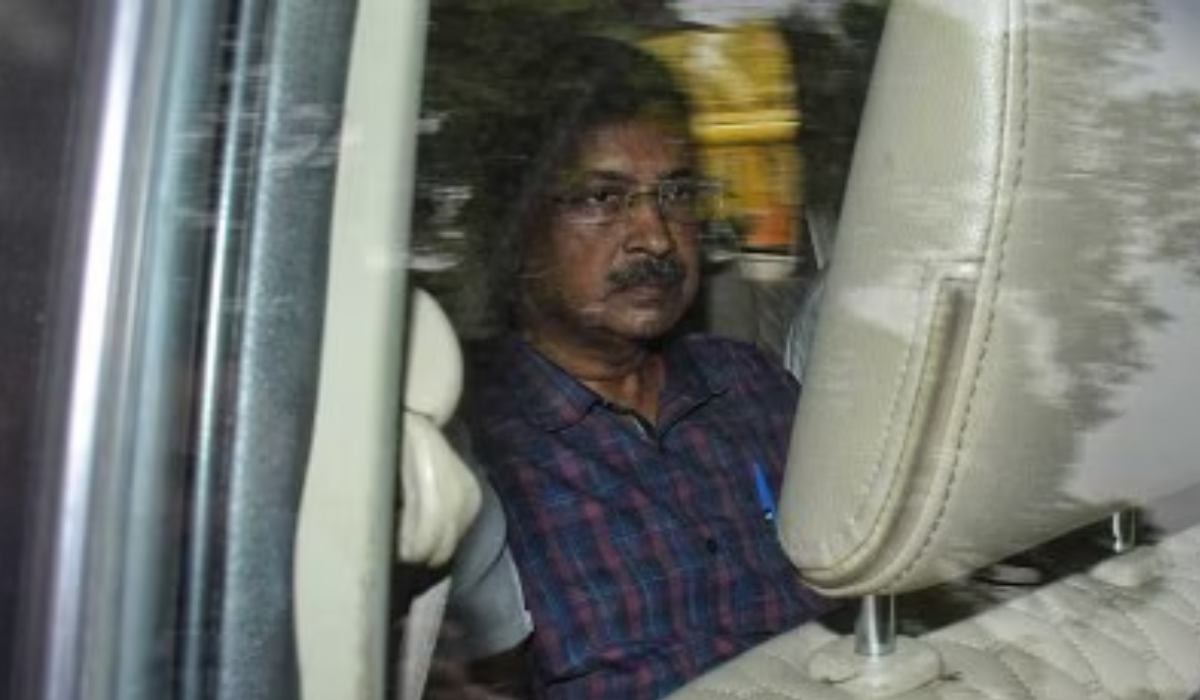In relation to the excise policy case, a Delhi court placed Chief Minister Arvind Kejriwal under the custody of the Enforcement Directorate (ED) until March 28. Kejriwal had been detained the previous evening, making history as the nation’s first serving chief minister. He stayed the night in a cell at the main office of the central agency.
What Is Kejriwal Alleged For?
The “the dictator and key operator of the Delhi excise scam” was how the agency referred to the Aam Aadmi Party (AAP) leader in court. In its remand request, the ED stated that Kejriwal was a part of the plot to give preferential treatment to some people and to seek bribes from spirits industry executives in return for favorable treatment.”
Additionally, according to the agency, he was “involved in the use of proceeds of crime…in the AAP’s Goa election campaign of which he is the ultimate decision maker.”
What is the Supreme Court’s Say?
The Supreme Court on Tuesday asked for an explanation from the Enforcement Directorate (ED) on the timing of Delhi Chief Minister Arvind Kejriwal’s arrest, which was carried out just before General Elections, and noted that the court was troubled by the delay between the start of the proceedings in the suspected Delhi excise scam case and his detention.
After senior advocate Abhishek Manu Singhavi concluded Kejriwal’s submission, a bench of justices Sanjiv Khanna and Dipankar Datta has asked additional solicitor general S.V. Raju to come up with responses by Friday to five questions the court raised based on Singhavi’s arguments. These questions included when the arrest should have been made and the gap in the proceedings against the chief minister.
The Questions put forward by the SC are:
- Is it possible to start criminal procedures without first starting adjudicatory proceedings (attachment action)? The Court observed that no attachment procedures had been filed in the matter as of yet.
- Regarding the Manish Sisodia Case ruling, there are conclusions both in support of and against him. Tell us which side Kejriwal’s case is based on.
- How can the PMLA’s Section 19 be construed given that Kejriwal is protesting his arrest? Considering that if he chooses the second route, he will be subject to the higher threshold under PMLA Section 45, rather than requesting bail? How then do we understand it? Should we raise the bar significantly and guarantee that the same standards be applied in order to identify the guilty party?
- The delay between the start of proceedings and the subsequent filing of repeated complaints is what is upsetting us. Section 8 indicates that there is a 365-day limit. Arresting someone is not the other option; protecting one’s life and liberty is crucial.
- Why was the arrest made just before the elections for the Lok Sabha?
On Friday, the agency will reply to the court’s inquiries. In his final statement before the chief minister, Singhavi argued that Kejriwal was detained 18 months after the case was brought, and that too on the basis of “hearsay evidence.”
He provided a thorough account of how the accused received relief, which was later approved, shortly after they identified Kejriwal and were coerced into testifying against him by the agency.
In his affidavit, the CM accused ED of working for the center to discredit its political rivals before the general election, and he said that Ed’s arrest was unlawful, arbitrary, and an unprecedented attack on the principles of democracy, which are founded on federalism and free and fair elections.
A sort of absurdity is taking place, and it is quite depressing. Singhavi made reference to the allegations made by Magunta Srinivasulu Reddy, the foundation for the Chief Minister’s detention, and stated that the agency is depending on the testimony of co-accused who were forced to make statements before a pardon was granted. According to him, Reddy made the statement five months after his son Raghav Reddy was placed under jail. The day after Raghav Reddy turned approver, the ED did not contest Reddy’s request for release.
The timing, method, and style of the petitioner’s detention shortly before the Lok Sabha elections reveal a great deal about the ED’s arbitrariness. As per Kejriwal’s affidavit, this timeline proves that the petitioner was wrongfully arrested and that there was no justification for the arrest.

1 Comment
Pingback: ED Busted Jharkhand Minister's Assistant; Cash Recovered